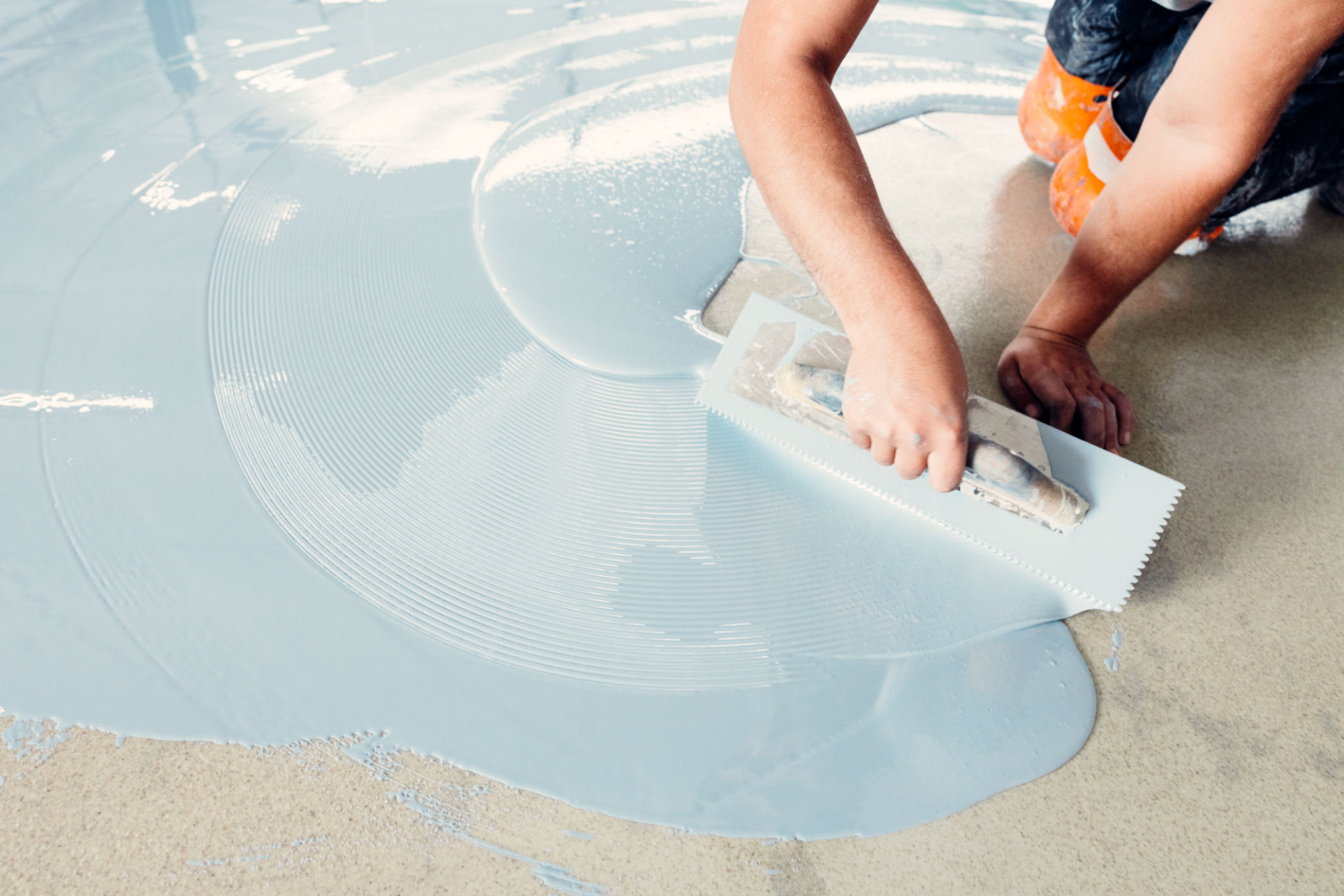DIY Concrete Repair Tips: When to Call the Professionals
Understanding Concrete Repair
Concrete is a durable and long-lasting material, but over time, it can develop cracks and other signs of wear and tear. Whether it's your driveway, patio, or foundation, addressing these issues promptly can prevent further damage and save you money in the long run. For many homeowners, tackling minor concrete repairs can be a satisfying DIY project.

Before diving into any repairs, it's crucial to assess the damage properly. Small cracks and chips can often be repaired with basic tools and materials available at your local hardware store. However, understanding when a repair is beyond your skill level and requires professional intervention is equally important.
Identifying Minor Concrete Repairs
Minor concrete repairs typically include small cracks, surface scaling, and minor discoloration. These issues can often be addressed with DIY solutions such as patching compounds or sealants. Here are some steps to handle minor repairs:
- Clean the area: Remove any debris or loose material from the crack or damaged area using a wire brush or pressure washer.
- Choose the right product: Select a repair compound suitable for the type and size of the crack.
- Apply the compound: Use a trowel to apply the compound, ensuring it's level with the surrounding surface.
- Cure the repair: Allow the compound to cure according to the manufacturer's instructions before using the area.
When to Call in the Professionals
While DIY repairs can be effective for minor issues, there are circumstances where professional help is necessary. If you're dealing with structural damage, large cracks, or issues affecting the foundation, it's best to consult an expert. Here are some signs that indicate it's time to call in a professional:

- Deep or wide cracks: Cracks wider than 1/4 inch or deep enough to see through indicate significant structural issues.
- Uneven surfaces: If you notice uneven surfaces or sinking concrete, professional assessment is required to address underlying problems.
- Water-related damage: Persistent moisture issues, such as water pooling or leaking through cracks, need expert attention to prevent further complications.
The Benefits of Hiring Professionals
Hiring professionals for concrete repair offers several advantages. Experienced contractors have the necessary skills and tools to accurately diagnose and resolve complex issues. They can also ensure that repairs are performed safely and meet local building codes.

Furthermore, professionals can provide long-term solutions that prevent recurrence of damage. While it may seem more cost-effective to attempt repairs yourself, improper fixes can lead to more extensive damage and higher costs down the line.
Making an Informed Decision
Deciding whether to tackle concrete repairs yourself or hire a professional depends on the scope of the damage and your comfort level with DIY projects. For small, non-structural repairs, DIY can be a viable option. However, for larger or more complex issues, professional expertise is invaluable.
Ultimately, ensuring the longevity and safety of your concrete structures requires making informed decisions about repair methods. Whether you choose to DIY or seek professional assistance, addressing concrete issues promptly is key to maintaining your property’s value and functionality.